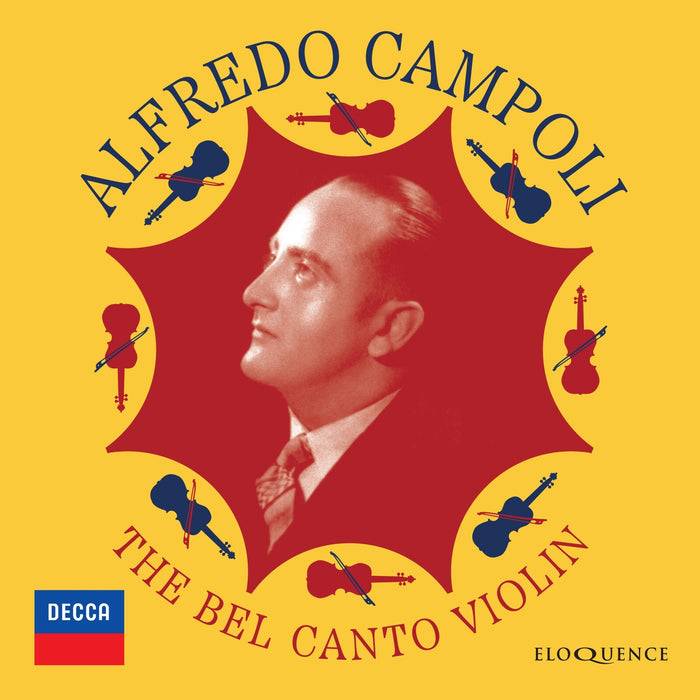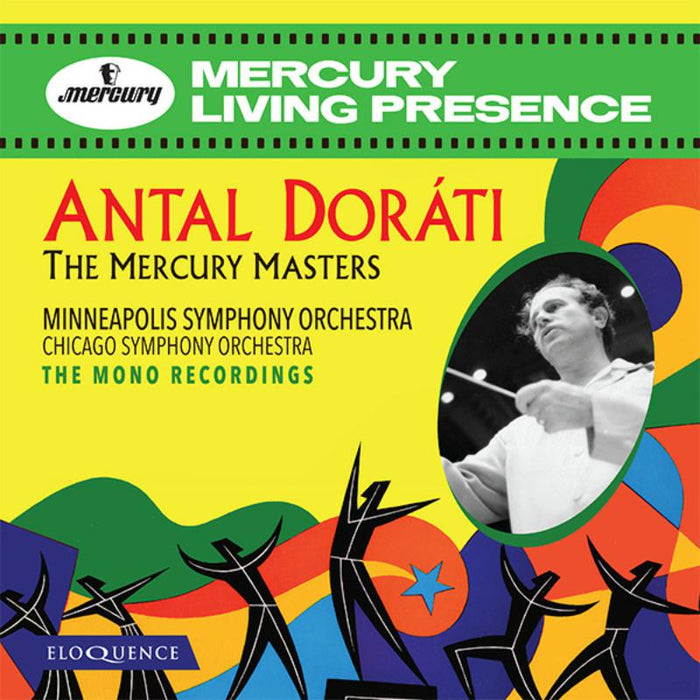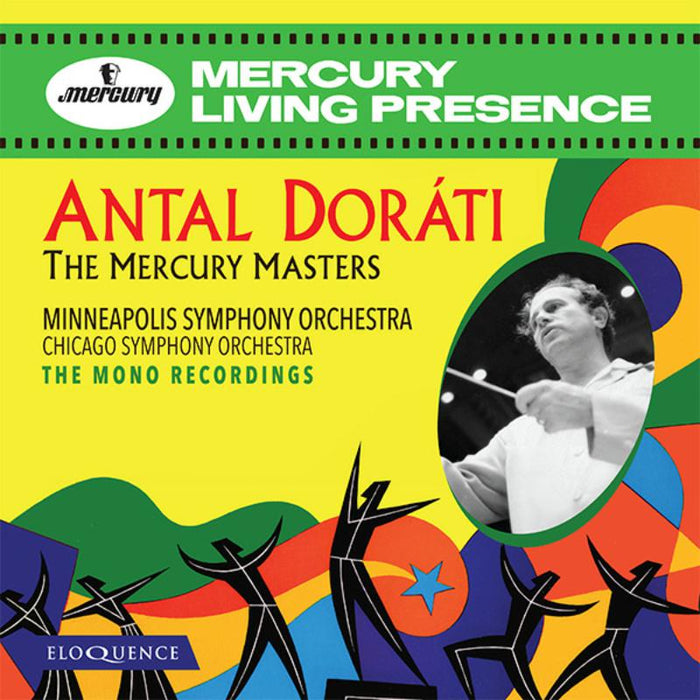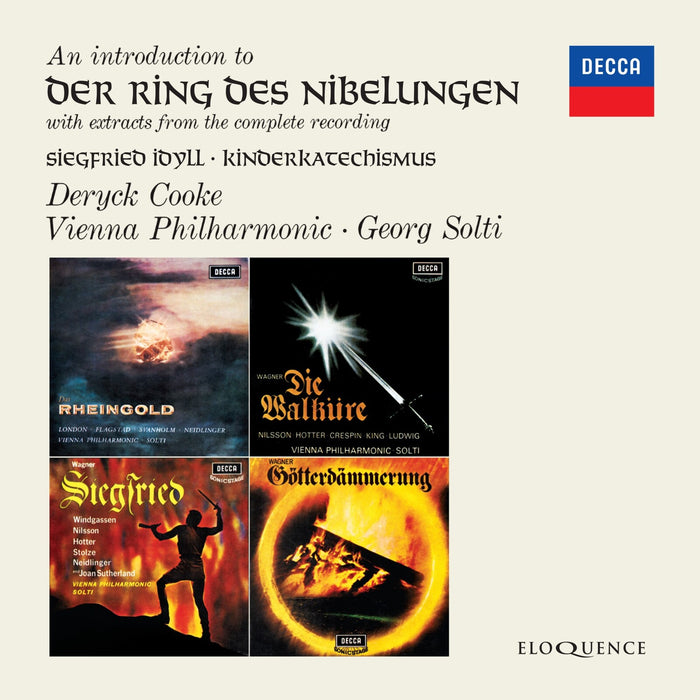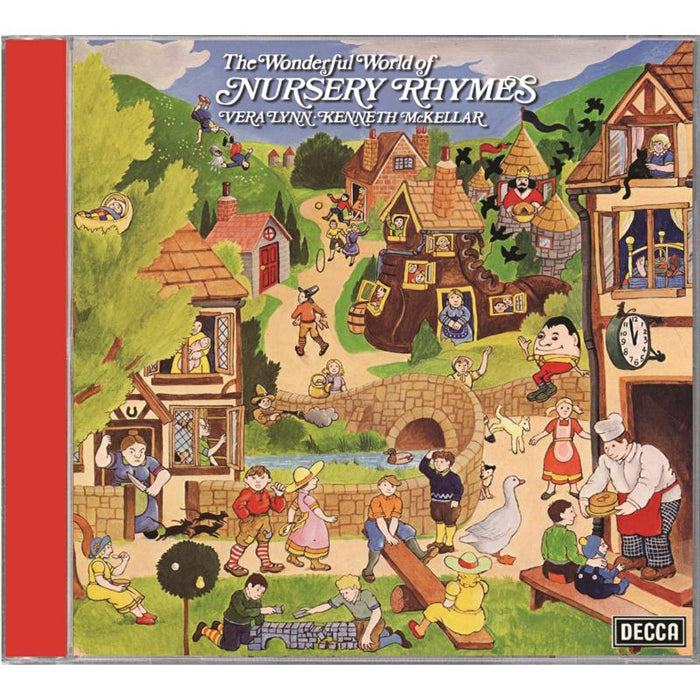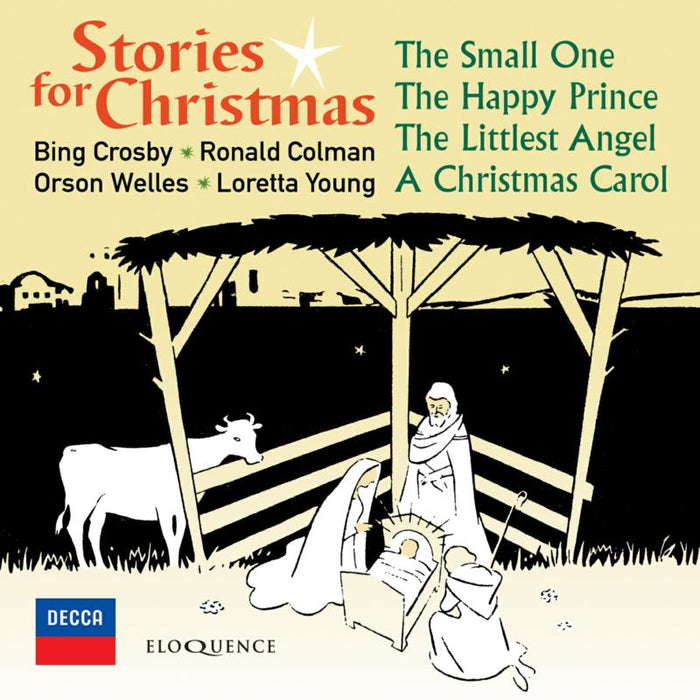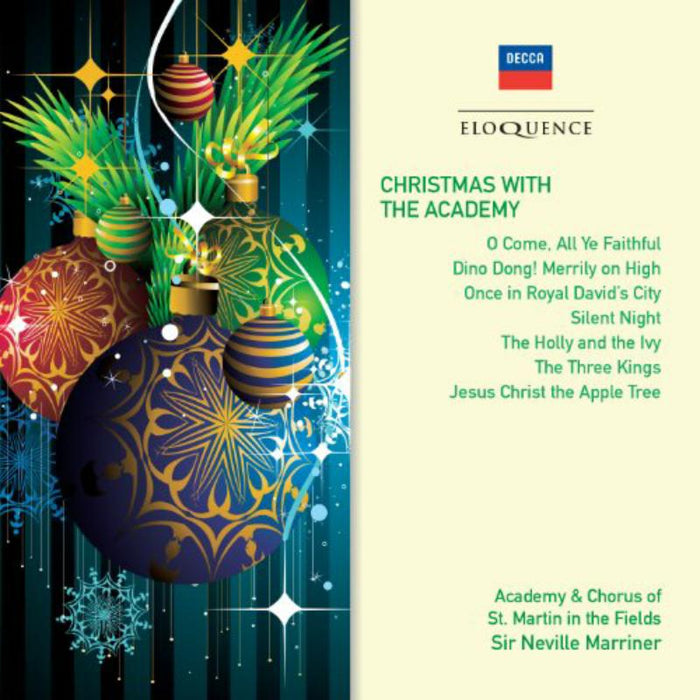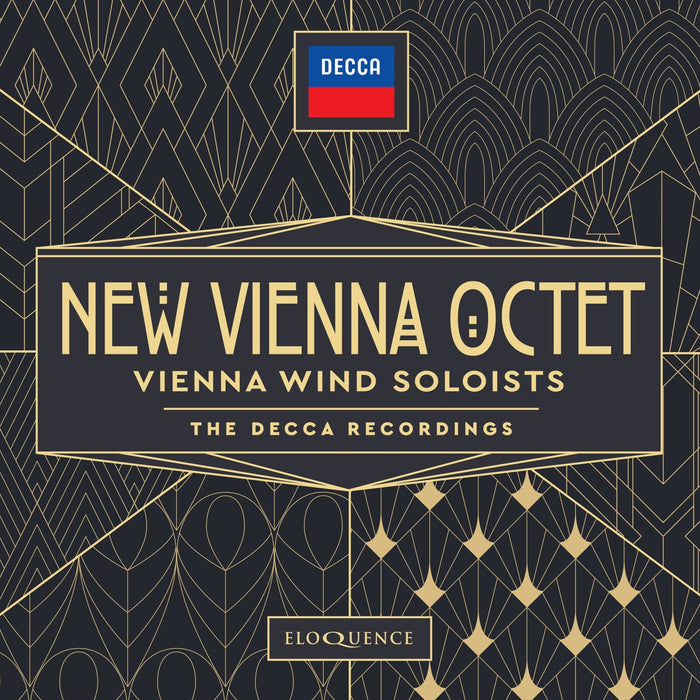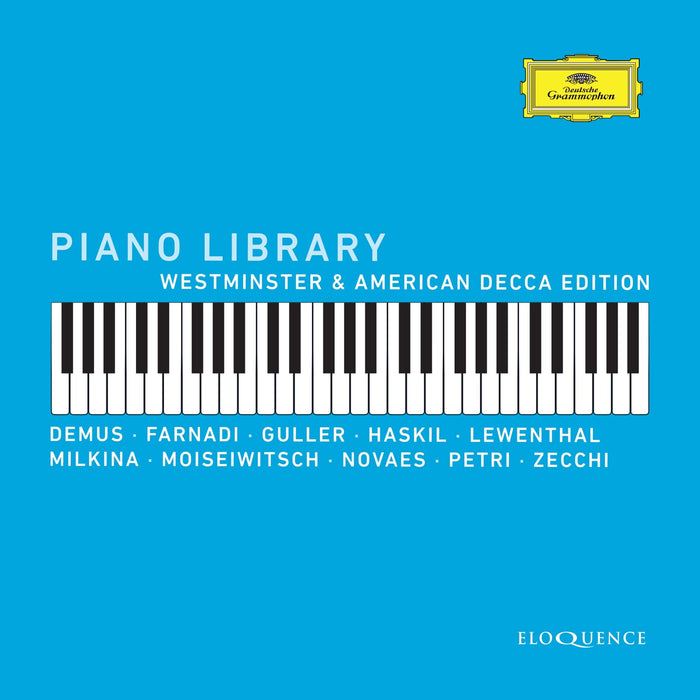Description
FIRST INTERNATIONAL CD RELEASE ON DECCA.
Three L'Oiseau-Lyre LPs celebrating the art of a much-loved contralto, newly remastered and compiled together for the first time, including material new to CD.
The history of British contraltos on record extends beyond Kathleen Ferrier to Constance Shacklock and before her Dame Clara Butt, but their select number was joined in the 1950s by Helen Watts: 'An extraordinary contralto,' in the words of her modern counterpart, Nathalie Stützmann.
Having left her Welsh home and graduated from the Royal Academy of Music, she quickly established herself as Ferrier's successor on the oratorio platform with memorable performances of Bach and Handel under Sir Malcolm Sargent and Sir Adrian Boult. At the same time she began making records for L'Oiseau-Lyre, in complete and pioneering accounts of Semele and Sosarme, first of all and recently reissued by Eloquence.
Louise Hanson-Dyer, the label's founder, patroness and animating spirit, was sufficiently impressed at that stage to engage Watts for a solo disc, which duly appeared in 1957 under the fanciful title of 'Songs for Courtiers and Cavaliers'. From the opening bars of Caccini's Dolcissimo sospiro it is evident that Dyer's faith in her young contralto discovery was well-founded, with projection combining warmth and strength in equal and winning measure with the kind of unforced excellence of diction that had already made her a sought-after fixture on the British oratorio circuit: 'a beautiful record,' as Gramophone's Alec Robertson remarked.
The success of 'Courtiers and Cavaliers' then led to an album of songs by Purcell and Scarlatti, made in July 1957, and Bach cantatas for alto, in April 1958. All three albums were shaped by the sensitive and scholarly artistic direction of Thurston Dart, and they mixed well-loved with little-known repertoire. Thirteen songs by Henry Lawes introduced many listeners to one of seventeenth-century England's most original voices, and Watts's beautifully modulated accounts of If music be the food of love and Widerstehe doch der Sünde retain their lustre even in our historically informed times.
'I cannot recall having heard any better Bach contralto … [Her 'Erbarme dich'] is one of the finest I have heard … These are first-class players … most sensitively led by Thurston Dart … The recording is nothing short of superb.' Stereo Review, February 1960
'A voice of attractive quality, accurate in pitch, capable of spinning out long phrases and even of that rare thing among singers today, a real trill … In Cantata 200 Miss Watts has no competition worth mentioning. The recording is very good.' High Fidelity, March 1960
'Helen Watts was in excellent voice, and her firm contralto quality is highly suitable for music of this kind … Buy it.' Gramophone, May 1972 (Songs for Courtiers and Cavaliers).


